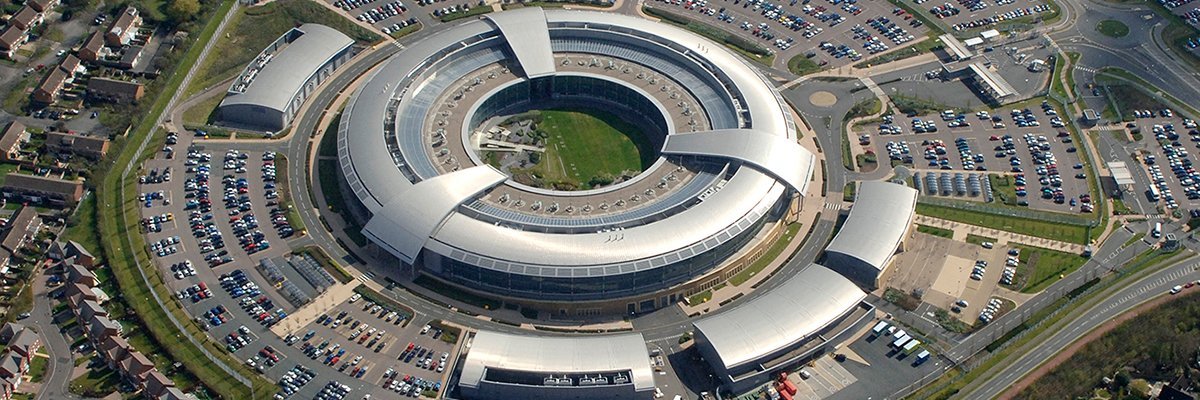
To avoid a technological future dictated by hostile nation states, it is more vital then ever for the UK to invest in developing sovereign technologies in areas such as quantum cryptography, work with friendly countries to build cyber defences and establish standards, foster market conditions that ensure innovation and diversity of supply, and pay into our bank of cyber skills talent.
That will be the core message delivered later today (23 April) by GCHQ director Jeremy Fleming in this year’s Imperial College Vincent Briscoe Annual Security Lecture, in which he will outline a vision for the UK’s cyber future, building on some of the key proposals contained in the government’s recent Integrated Review.
Fleming will say the UK is already a world-leading “responsible” cyber power, with defences underpinned by the National Cyber Security Centre (NCSC) – itself a unit within GCHQ – and the new National Cyber Force (NCF) set to add to its capabilities.
However, with the global digital environment under threat, and systemic challenges emanating from the likes of China and Russia, which differ from the UK and its allies in their core values and vision for the future, more checks are needed to ensure the freedom of the internet, the security of future technologies, and adherence to security standards.
“Today, in the digital environment, the UK has evolved to thrive,” Fleming will say. “We may be geographically small but we are the world’s fifth-largest economy and a global trading nation with impact far beyond physical size.
“That influence and advantage needs to be constantly reinvented. The country’s prosperity and security, the quality of life of its citizens, and the influence the government is able to project are all heavily dependent on the benefits derived from interconnected, digital technologies.
“But that advantage comes from other things, too: we are world leaders in cyber defence through the NCSC. The National Cyber Force is transforming the UK’s cyber capabilities to disrupt adversaries through cyber space. We have a strong tech sector and world-class universities training the next generation in science and tech.
“Taken together, all this means that today, the UK really is a global cyber power – a big animal in the digital world. But historic strength does not mean we can assume we will be in the future.”
Fleming will back the government’s call for a full-spectrum approach to security policy to help the UK adapt to these challenges. “As a country, we need to be using all the levers and tools at our disposal to shape and grow key technologies and markets,” he will say. “We must do that in a way that helps protect the nation and open society. And that means becoming better at using the power of the state to both foster and protect brilliant developments in technology.”
Fleming will add: “If we get it right, new policies, informed by deep expertise, will influence and shape markets – protecting and growing the most critical technologies. Government will create new markets, focusing investment on the sectors and technologies that are best for the UK.
“The country will support the growth of a diverse set of companies that can provide these technologies, and that continue to work in accordance with our values. We will work with other like-minded nations to pool resources and knowledge to target the global ‘moon-shots’.
“Taken together, this adds up to a plan for the creation of a strategic advantage for the UK and our allies based on the rule of law, shared ethics, and common good.
“It’s a whole-of-society challenge. And in GCHQ, we stand ready to play our part.”
Fleming’s full speech – which was postponed from its planned date because of the death of Prince Philip – will be live-streamed on Imperial College’s YouTube channel, and can be watched here.

